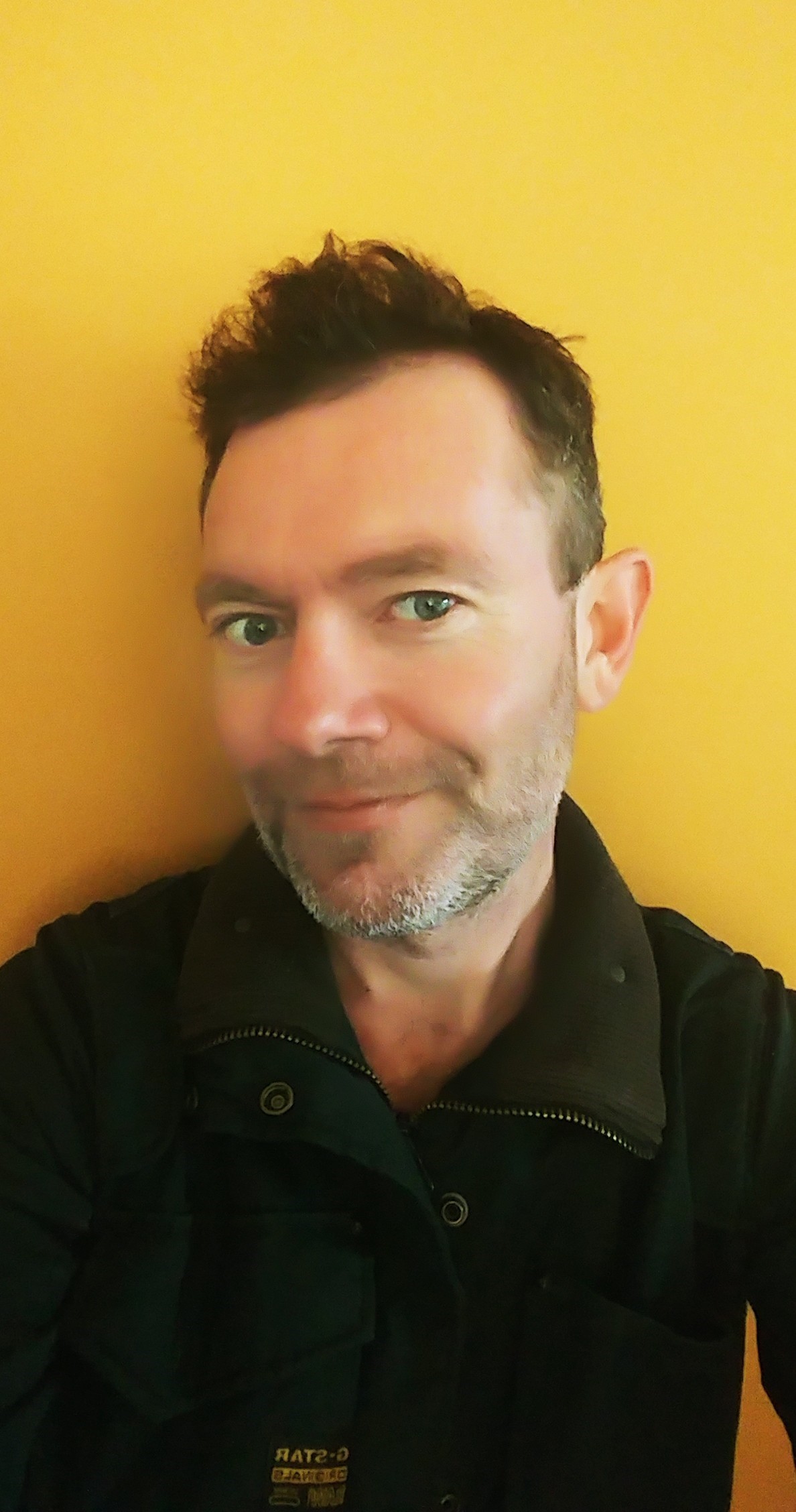
National Housing Conference - meet the speaker
Meet the Presenter: Mr Jamie Waring, Service Manager, Wadamba Wilam program
28 Feb 2022
 The Wadamba Wilam program, run by NEAMI National (a specialist community mental health provider with over 30 years’ experience) in the northern suburbs of Melbourne, has been very successful in providing mental health support for Aboriginal and Torres Strait Islander Australians experiencing mental illness, poor Social and Emotional Wellbeing and a history of homelessness since 2013. Wadamba Wilam translates to ‘renew shelter’ in the Woiwurrung language of the Wurundjeri people.
The Wadamba Wilam program, run by NEAMI National (a specialist community mental health provider with over 30 years’ experience) in the northern suburbs of Melbourne, has been very successful in providing mental health support for Aboriginal and Torres Strait Islander Australians experiencing mental illness, poor Social and Emotional Wellbeing and a history of homelessness since 2013. Wadamba Wilam translates to ‘renew shelter’ in the Woiwurrung language of the Wurundjeri people.
Mr Jamie Waring, Service Manager at Wadamba Wilam, has been there from the beginning of the program and is presenting his keen depth of knowledge and experience at the 2022 National Housing Conference.
‘The original government tender called for a really innovative response to the challenges of connectivity of homelessness and a consortium led approach,’ says Jamie. ‘So, we looked at agencies to collaborate and work together with to deliver high quality services. What we designed, in conjunction with our partners, the Victorian Aboriginal Health Service (VAHS), Uniting Care ReGen Alcohol and Other Drug Service and the Northern Area Mental Health Service, is a program that would have a staff member from each of those services within the team and would operate as an integrated assertive outreach team.’
Currently the interdisciplinary team includes an Aboriginal Social and Emotional Wellbeing support worker, a Nurse Practitioner, a Senior AOD Clinician, two Community Rehabilitation Support Workers (one who is Aboriginal), a Consultant Psychiatrist and a Service Manager.
‘We also have a housing worker who we attach to the program as well, they’re funded through NEAMI, that’s the basic composition of the team,’ says Jamie. ‘The benefits of the program are that we have an Aboriginal and non-Aboriginal workforce, and have a lot of cultural support and mentoring through VAHS. It’s an inter-disciplinary team—that means we have staff who’ve got different skills in the different disciplines—and they’re able to work alongside other staff who have other sets of skills. They go out and do paired outreach, so you might have the Social/Emotional Wellbeing worker go out with Psychiatric Nurse—there’s some cultural knowledge there, there’s some clinical knowledge there, there’s a bit of cross pollination that can occur through that sharing of knowledge and experience.’
‘Wadamba Wilam is really founded on some of the old assertive outreach or assertive community models—I wouldn’t say treatment—but those models where you take service to the client and you’re extremely flexible, so it’s not appointment based. It’s very responsive and I would say opportunistic in its nature because we’re able to work with people where they’re at; so if they’re sleeping under a bridge or whether they’re in overcrowded accommodation, whether they’re exiting justice. We also get referrals from acute wards, from prisons, justice, child protection, a whole range of different services refer to us.’
‘What we’ve seen over the last few years though is a lot more self-referrals from the Victorian Aboriginal community of the north; people will vouch for the program, they’ll say you helped out my sis or you helped my brother. They give us a call, we have a conversation and pick people up self-referring. That’s a really good thing to see as it indicates there’s vouching for the program by community members.’
‘As well, we’re also invariably working with families, so we’ll pick up a brother or a son or a mother alongside working with the client we initially met. What we tend to see is, in particular, some of the aunties and mothers who are really holding the family together but are also suffering as well. That’s something that evolved over the years where that strengthening of the family unit has such a positive flow on effect for the individual and for the family, and the community because there’s so many people in community carrying so much weight with obligations and pressures that they’re at breaking point.’
‘We’re a small program but I think it’s important to highlight local ground up programs at the National Housing Conference,’ says Jamie. ‘It’s important to advocate for similar type programs and service provisions around the country; the Royal Commission highlighted the need for programs that are more flexible, have different ratios, don’t have strict time limits. Hopefully we’re able to articulate the benefits of this model and its broader replication, or at least some of the learnings can be shared.’
Jamie will be presenting in the session 'Housing’s role in support and recovery for people with mental ill health’ on Wednesday 2 March. Please visit the National Housing Conference website for more information.
